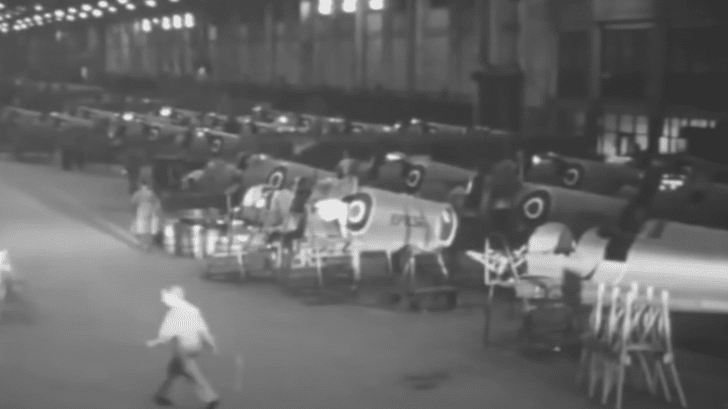The sudden leap in aviation technology during World War I and the onset of World War II led the Royal Air Force (RAF) to believe that any future conflict could be won by air supremacy alone.
On December 1939, 22 Vickers Wellington bombers were sent to the sheltered German area in the North Sea. Allied pilots believed that the day would lead to a decisive victory.
Little did they know that a formidable fleet of Messerschmitt Bf 109 interceptors would bring them to their knees, and cause them to rewrite their aviation combat philosophy from then on.
Primary Target
On September 1939, it was clear that Germany would not withdraw its troops from Poland as requested. This led Britain to declare war.
When the Germans moved across the North Sea away from civilian centers, they became a legitimate target for the RAF whose priority is to destroy any German vessel that can supply U-boats in the Atlantic.
A Plan
However, the strike on German vessels was delayed, time and time again. It was pushed back until December 18th. RAF bombers were tasked to overfly in Heligoland Bight, attacking warships but avoiding civilian assets, merchant shipping, and land itself.
The Clash
22 Vickers Wellington bombers were sent, and the overconfident British pilots were not that concerned about German fighters and were more focused on avoiding flak fire.
The bombers fended off attacks from the Germans, inflicting considerable damage on German ships. Suddenly, a swarm of German Messerschmitt Bf 109s appeared on the horizon.
Disaster
The battle was intense. The British tried to keep their formation but soon became disorganized, making the bombers easy prey for the German fighters. In total, the RAF lost 12 bombers and 57 men during the botched operation, more than half of its original force.
Lesson Learned
It was then clear to the Brits that sending unescorted bombers to enemy territory is a suicidal endeavor. From that day on, the RAF radically shifted its approach, scrapping the philosophy of “the bomber will always get through.”



